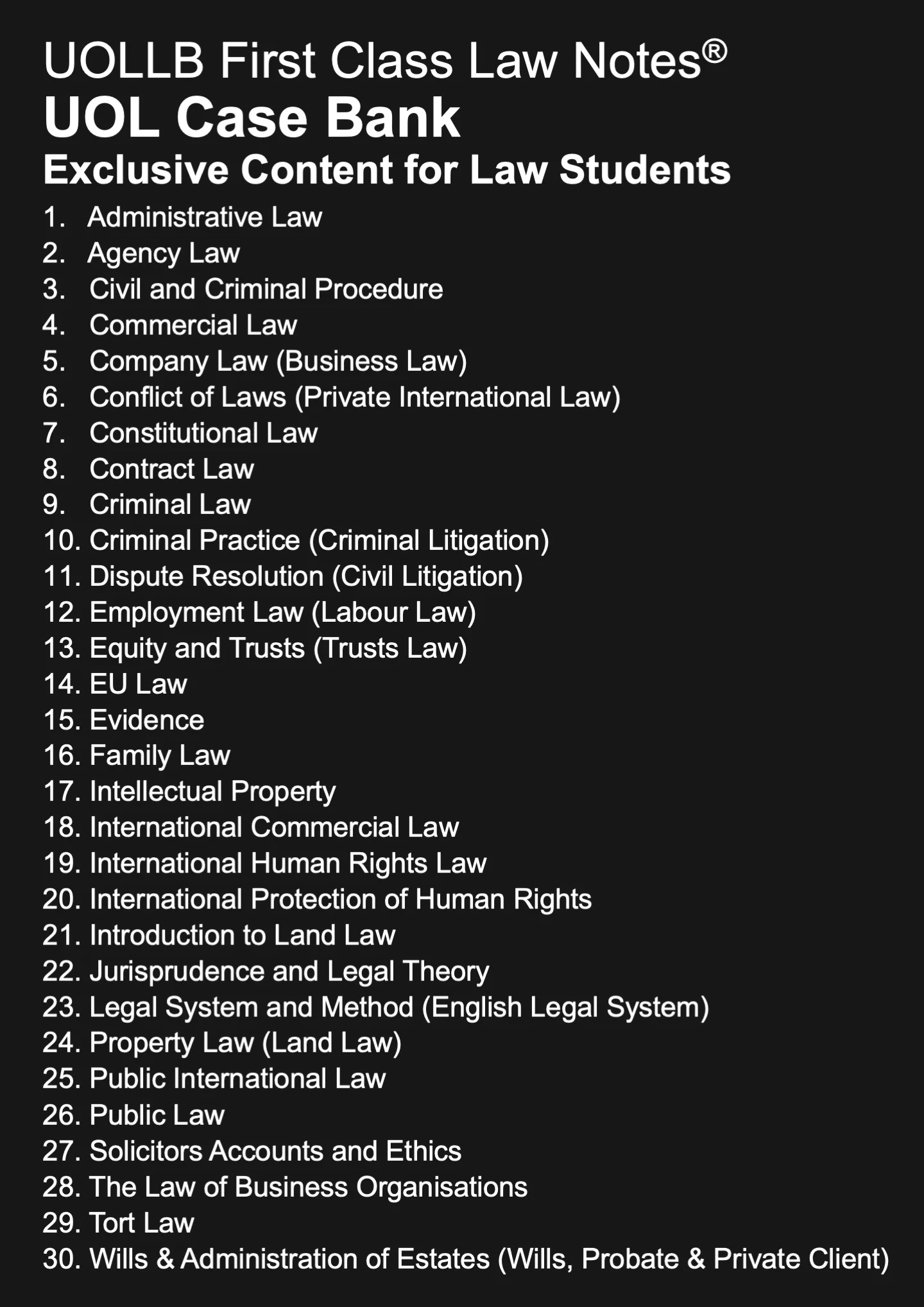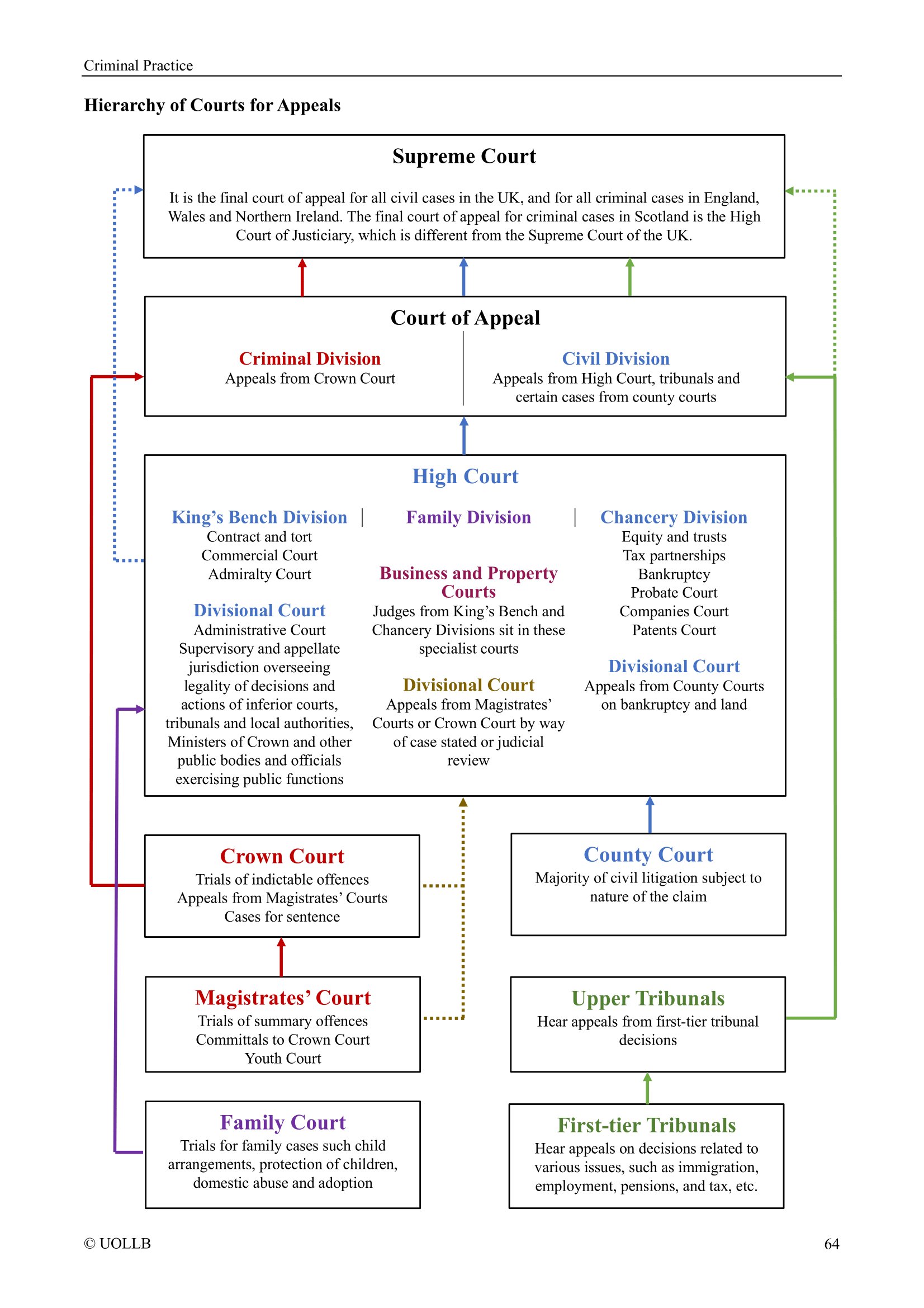Doctrine of Dual Sovereignty
Share
The dual sovereignty doctrine, also known as dual sovereignty principle, is a legal concept that allows both federal and state governments to prosecute an individual for the same criminal offence. Under this doctrine, separate sovereign entities — the federal government and state governments — can exercise their respective jurisdiction and authority to bring charges and prosecute individuals for the same conduct.
The dual sovereignty doctrine stems from the separate legal systems and sovereign powers vested in the federal government and state governments within the United States. This principle is derived from the US Constitution, which grants both federal and state governments the power to enact and enforce their own laws.
The key idea behind the dual sovereignty doctrine is that an act can constitute a violation of both federal and state laws. Consequently, an individual can face charges and be prosecuted in both federal and state courts for the same conduct, without violating the constitutional prohibition against double jeopardy — the principle that protects individuals from being tried twice for the same offence by the same sovereign.
This means that even if an individual has been acquitted or convicted in one jurisdiction (federal or state), the other jurisdiction can still pursue its own separate charges and trial. The rationale behind this doctrine is that federal and state governments have distinct interests and concerns, and each entity has the authority to enforce its own laws.
The dual sovereignty doctrine has been upheld by the US Supreme Court in various cases. It recognises that federal and state governments are separate sovereigns with the power to enforce their own criminal laws, even if those laws cover the same conduct. This doctrine allows for the coexistence of federal and state prosecutions and helps maintain the balance between the two levels of government in the criminal justice system.
The application of the dual sovereignty doctrine has been subject to ongoing legal debate, and there have been calls to revisit or limit its scope in certain circumstances. Nonetheless, the dual sovereignty doctrine remains an established principle in the US legal system.
The dual sovereignty doctrine stems from the separate legal systems and sovereign powers vested in the federal government and state governments within the United States. This principle is derived from the US Constitution, which grants both federal and state governments the power to enact and enforce their own laws.
The key idea behind the dual sovereignty doctrine is that an act can constitute a violation of both federal and state laws. Consequently, an individual can face charges and be prosecuted in both federal and state courts for the same conduct, without violating the constitutional prohibition against double jeopardy — the principle that protects individuals from being tried twice for the same offence by the same sovereign.
This means that even if an individual has been acquitted or convicted in one jurisdiction (federal or state), the other jurisdiction can still pursue its own separate charges and trial. The rationale behind this doctrine is that federal and state governments have distinct interests and concerns, and each entity has the authority to enforce its own laws.
The dual sovereignty doctrine has been upheld by the US Supreme Court in various cases. It recognises that federal and state governments are separate sovereigns with the power to enforce their own criminal laws, even if those laws cover the same conduct. This doctrine allows for the coexistence of federal and state prosecutions and helps maintain the balance between the two levels of government in the criminal justice system.
The application of the dual sovereignty doctrine has been subject to ongoing legal debate, and there have been calls to revisit or limit its scope in certain circumstances. Nonetheless, the dual sovereignty doctrine remains an established principle in the US legal system.























































